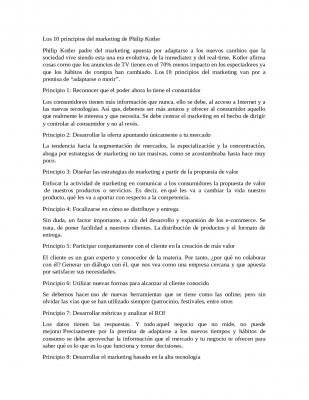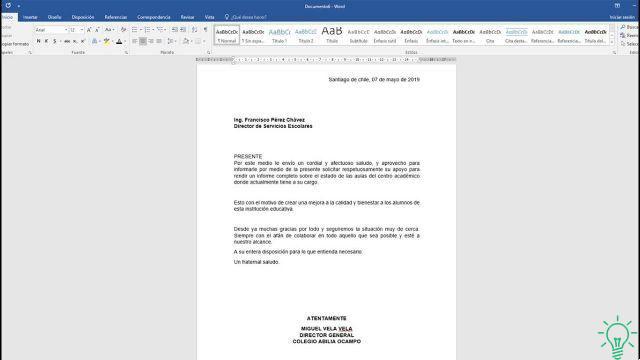Find out what are the four attitudes we should avoid in the workplace, both to find it and to maintain it.

Last update: May 29, 2020
Despite the importance and profound influence on many of us, not everyone is aware of the attitudes to avoid at work. These can be enclosed in the acronym SAPO, unknown to most. The attitudes behind this acronym are particularly harmful to research and the maintenance of a job.
However, we advise you to avoid them in your daily life as well: they are not good company in any area of life. To understand it better, we will try to specify its meaning and consequences.
Attitudes to avoid at work: SAPO
The acronym SAPO encompasses the four attitudes that can completely destroy ours work environment. We refer to:
- Pride.
- Arrogance.
- Arrogance.
- Stubbornness.
St. Pride
The Treccani vocabulary defines pride in the following way: "Exaggerated esteem of oneself and of one's own merits (real or presumed), which manifests itself externally with a haughty and contemptuous attitude and with an ostentatious sense of superiority towards others".
Superiority is certainly not an attitude that generates sympathy. Le people who think they are superior often arouse great rejection in others.
On the other hand, even if it is an attitude that one tries to disguise, the proud person easily ends up succumbing to his ego and revealing his false humility. A behavior that arouses even stronger rejection.
A. Arrogance
If we looked for the definition of arrogance in the Treccani dictionary, it would refer us to the term arrogant. This term includes the following meaning: "Presumptuous, arrogant".
In colloquial language, it is often used as a synonym for proud. In behavior, perhaps the position that stands out most is the systematic disinterest for the arguments and opinions of others. It has, perhaps, a lower burden of pride than pride.
P: Arrogance among the attitudes to be avoided at work
Very similar to the attitudes already seen, we could interpret arrogance as a manifestation of arrogance or a consequence of it.
Someone thinks they are better and wiser than others (arrogant) and that is why they don't pay attention to what others have to say (arrogant).
O: Stubbornness
Finally, if we look for this word in the Treccani vocabulary, we will find the following definition: "Understood both as a stubborn stiffening in an idea, a purpose, a behavior, and as perseverance and firmness in what is good".
In the meaning that interests us, we would speak of people who have difficulty changing their views or opinions.
The same happens when we refer to this term in the labor field to indicate those people who only consider their opinions and ideas valid. You always work better if you listen to the opinions and ideas of others.
Skills against SAPO
We all appreciate a good working environment. To achieve it, it is possible to manage a few skills that, unlike the described attitudes, can help us to be successful in our work:
- Resolving capacity: knowing how to react to problems that can arise in the workplace is an extra gear not only for the company, but also for themselves.
- Creativity and initiative: there are times when we are afraid to share the ideas that come to our mind. However, it is highly valued by many companies.
- Teamwork: it is undoubtedly one of the most appreciated features in any company, and also in many job interviews. Knowing how to work with other people and teaming up to get the job done is very good for any business.
- Tolerance to criticism: criticisms are usually not taken well. It is not pleasant to arrive at work and for someone from the outside to question their work. However, on many occasions these messages contain information that we could use in our favor.
- Adaptability: Sometimes we can make changes to change the conditions and adapt them to our preferences. However, others we will not be able to bring about this change in the environment, therefore we will be forced to change our wishes. In short, to adapt.
- Planning: planning, and doing it well, is one of the skills that can reduce daily stress. Establishing a good order of priorities and transferring it to our decisions at specific times, compiling the agenda and following it, allows us to save a lot of resources.
Here, in summary, are the attitudes to avoid at work and the characteristics that can make us very resistant to their influence. Now it is in our hands to apply them.

























